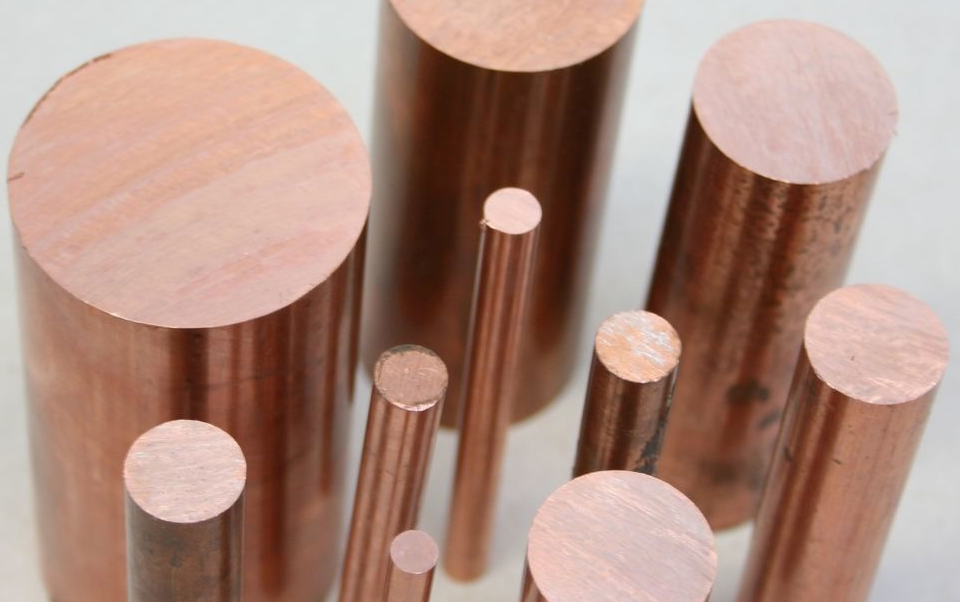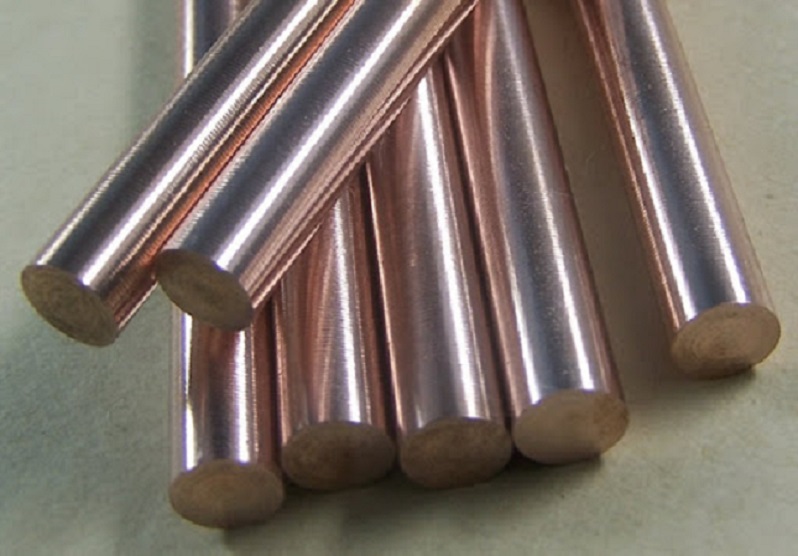Tungsten Alloys for Gamma-Ray Shielding Material

Tungsten Alloys for Gamma-Ray Shielding Material
In addition to tungsten-nickel-iron alloy (W-Ni-Fe alloy), γ-ray shielding material can also be produced with tungsten copper alloy (W-Cu alloy). W-Ni-Fe alloy and W-Cu alloy are both high-density tungsten alloys, both of which use the W phase as the hard phase, but due to the difference in bonding phase metals, their production processes and properties are different. In this article, let's take a closer look at the production process of the two types of tungsten alloys for gamma-ray shielding material.

Tungsten Alloys for Gamma-Ray Shielding Material
1. W-Ni-Fe Alloy Production Process
Put tungsten powder, nickel powder, and iron powder into a ball mill for wet ball milling, and then dry them to obtain a mixed powder. The polyvinylpyrrolidone is added to anhydrous ethanol, then added to the mixed powder, stirred uniformly, and placed in a mold to be pressed at a constant temperature to form a pressing plate. The first pressing plate is immersed in anhydrous ethanol for 2-5h microwave vibration, and then taken out, washed with anhydrous ethanol, and dried to obtain a porous plate. Several porous plates are hydraulically pressed to form a green body, and then the green body is put into a sintering furnace for liquid phase sintering to obtain a prefabricated alloy plate.
Spray mixed powder on the surface of the prefabricated alloy plate, and then spray the surface for 10-20min after rolling treatment to obtain a rough alloy plate, and obtain a tungsten-nickel-iron alloy plate after polishing. The invention solves the problem of low processing yield in the prior art, utilizes the staggered layer filling and pressing method of the perforated plate to improve the pressing efficiency, effectively reduces the pressing difficulty, and does not need to use a forming agent.
2. W-Cu Alloy Production Process
The steps for producing high-density tungsten copper alloy by injection molding are as follows: mix nickel powder, copper tungsten powder, or iron powder with a uniform particle size of 1-5 microns, tungsten powder with a particle size of 0.5-2 microns, and tungsten powder with 5-15 microns, and then mix with 25%-30% organic adhesive (such as paraffin or polymethacrylate) for injection molding, remove the binder by steam cleaning and irradiation, and sinter in hydrogen to obtain a high-density tungsten alloy.
In terms of performance, both W-Ni-Fe alloy and W-Cu alloy have higher density and hardness, good wear resistance, and corrosion resistance, but the latter's toughness and strength are slightly lower than the former. Therefore, in terms of γ-ray shielding materials, tungsten copper alloys can also be used.
Conclusion
Thank you for reading our article and we hope it can help you have a better understanding of the tungsten alloys for gamma-ray shielding material. If you want to learn more about tungsten alloys or other refractory metals and alloys, we would like to advise you to visit Advanced Refractory Metals (ARM) for more information.
Headquartered in Lake Forest, California, USA, Advanced Refractory Metals (ARM) is a leading manufacturer & supplier of refractory metals & alloys across the world. It provides customers with high-quality refractory metals & alloys such as tungsten, molybdenum, tantalum, rhenium, titanium, and zirconium at a very competitive price.
{{item.content}}
LEVE A REPLY
{{item.children[0].content}}
{{item.content}}






